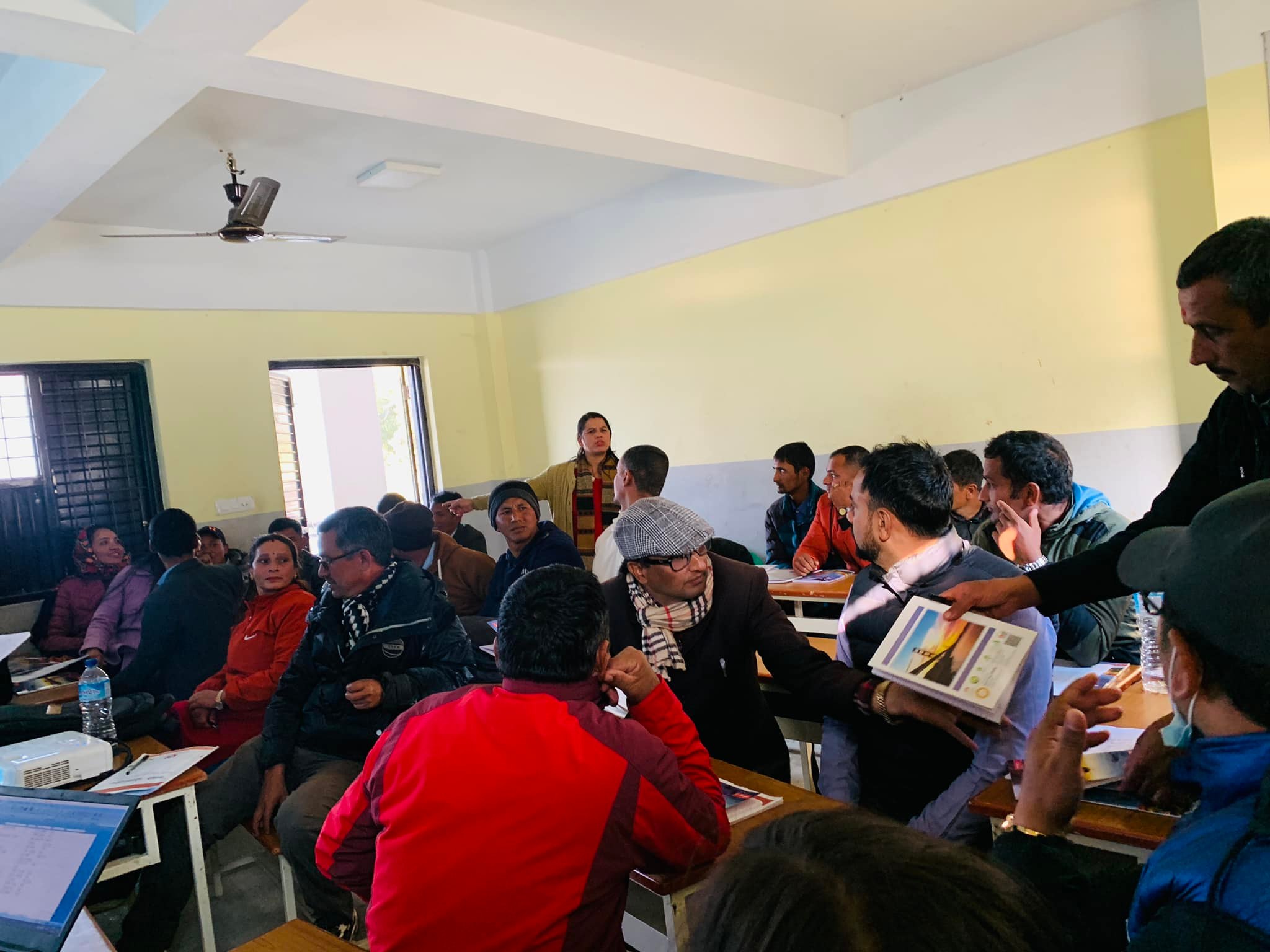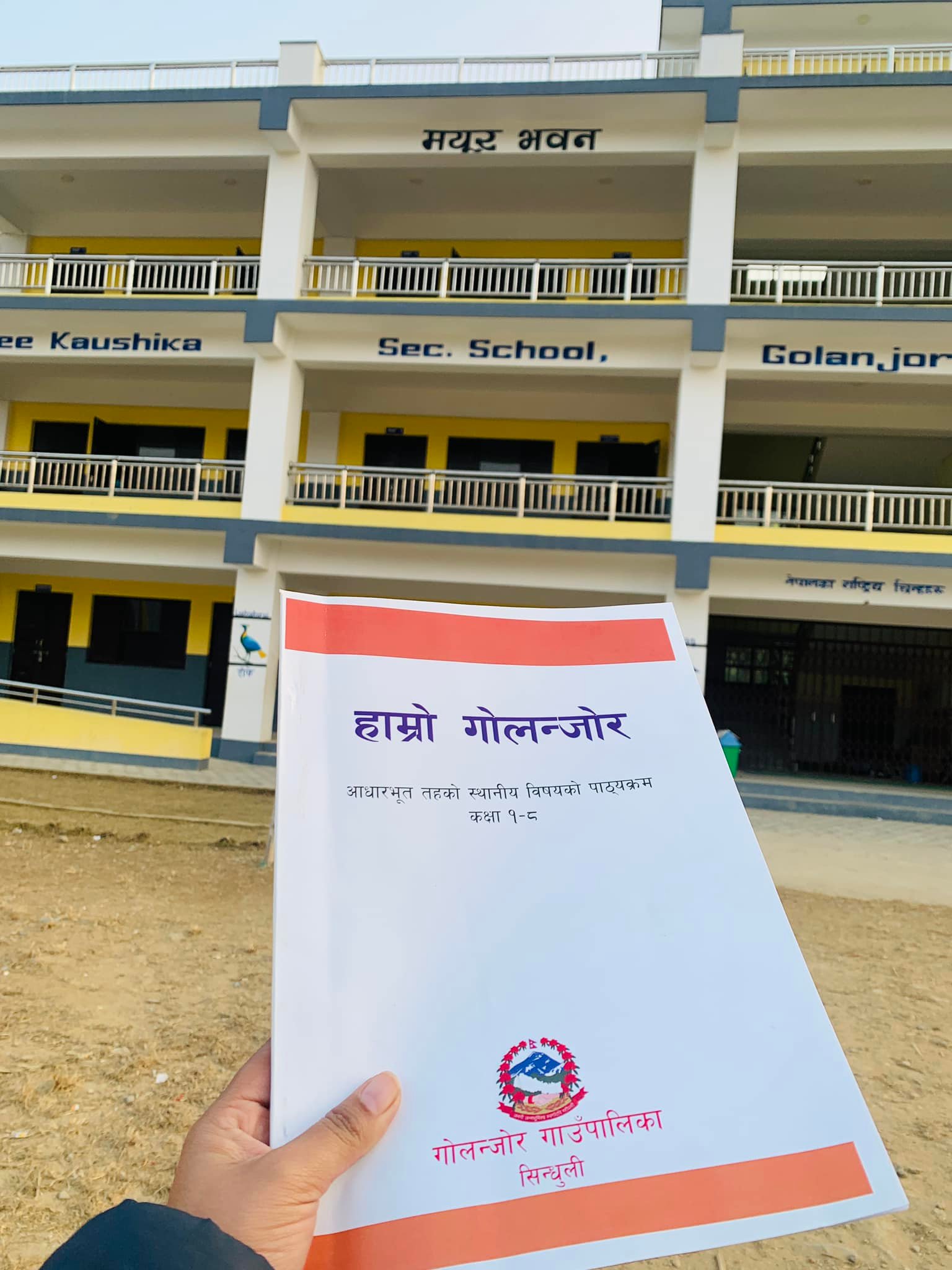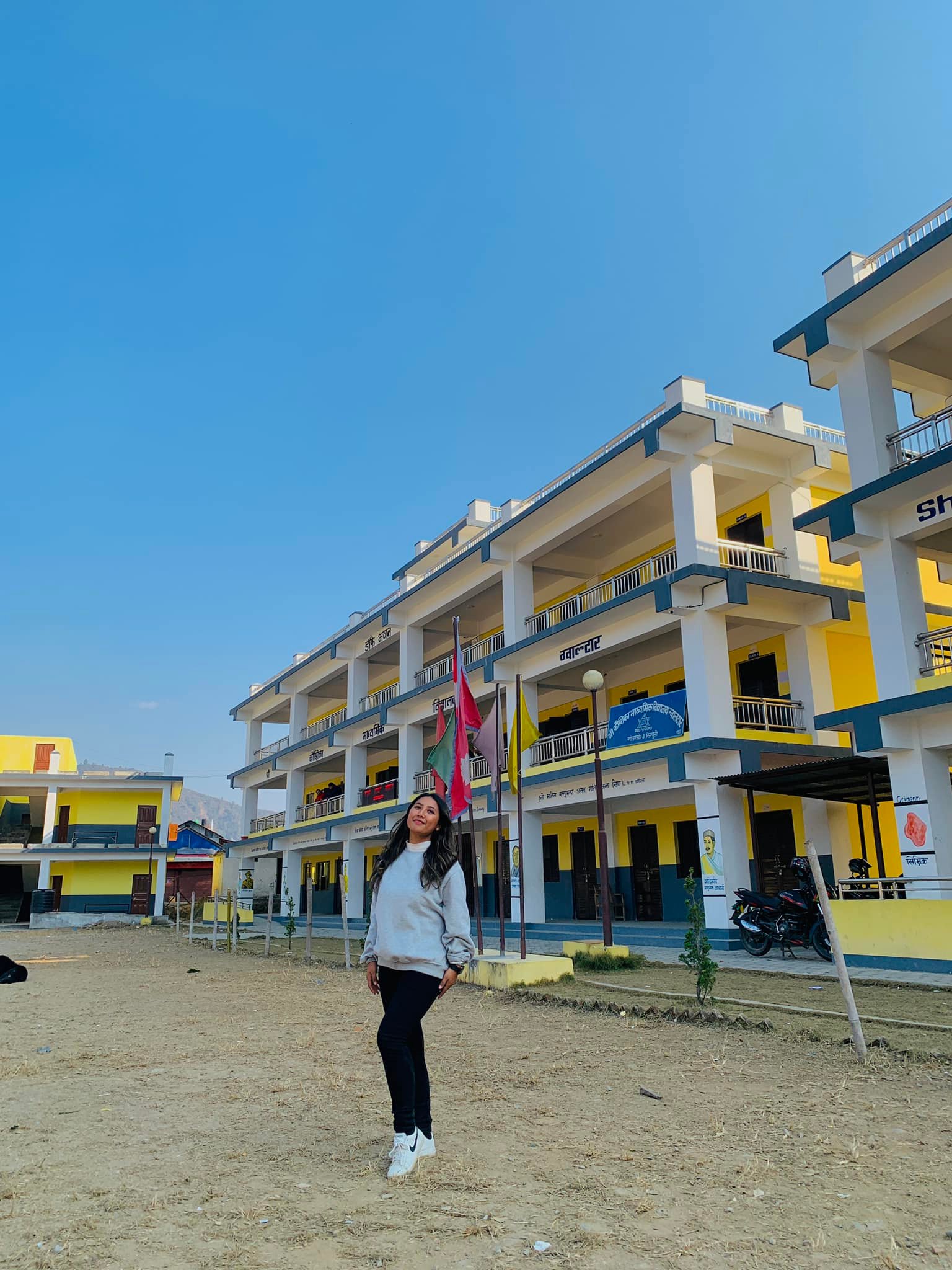Local Curriculum Development Program in Golanjor-4, Ranikhola, Sindhuli
Local Curriculum Development Program in Golanjor-4, Ranikhola, Sindhuli
My recent experience in Golanjor-4, Ranikhola, Sindhuli will forever remain a significant milestone in my journey as an educator. I had the incredible opportunity to actively participate in the Local Curriculum Development Program, an initiative that not only deepened my understanding of educational frameworks but also reaffirmed my passion for the very foundation of quality learning—curriculum development.
As someone who has always been curious about how a curriculum is structured, localized, and designed, being part of this process was both enriching and enlightening. Often, we teach using curriculum content that feels distant from the learners’ everyday lives. But this initiative focused on exactly the opposite—creating a curriculum that is rooted in the local culture, environment, values, and needs of the Golanjar Gaunpalika community.
The program revolved around the theme “Local Book Writing along with Curriculum Development,” which brought together local educators, writers, and experts to collaboratively develop materials that truly reflect the identity and heritage of the region. What made the experience truly special was the level of ownership and involvement from the community. The voices of local teachers, their experiences with students, and the nuances of the local context were all thoughtfully woven into the curriculum design.
One of the most empowering aspects of this program was how it emphasized the internal abilities and strengths of the educators themselves. Instead of relying solely on external experts, this workshop encouraged teachers to take the lead—to reflect, ideate, write, and contribute. It was not just about writing textbooks or developing units—it was about building confidence, valuing indigenous knowledge, and giving local teachers the platform they rightfully deserve.
As an early childhood educator, I always advocate for context-based, inclusive learning approaches. This experience gave me front-row insight into how much relevance and relatability matter when it comes to content creation. Children learn better when they see their environment, traditions, and everyday life reflected in what they are being taught. This localized approach does not just make learning easier—it makes it meaningful.
The collaborative spirit during the workshop was inspiring. From brainstorming sessions to deep conversations about teaching methodologies, from writing storybooks to structuring curriculum themes, every moment was a reminder of the power of collective knowledge and community-driven education. It was a humbling experience to work alongside such passionate and dedicated professionals who are deeply rooted in their culture and committed to uplifting the standard of education in their locality.
As I reflect on my time in Golanjor, I feel grateful and hopeful. Grateful for the chance to witness a process so essential yet often overlooked, and hopeful for the impact this localized curriculum will have on future generations of students. A curriculum designed for them, by those who know them best.
This is what true educational transformation looks like—bottom-up, inclusive, and rooted in respect for local wisdom. I look forward to taking the insights from this experience into my future endeavors and continuing to advocate for child-centered, culturally relevant, and empowering educational practices.
Thank you to everyone involved in this program for your dedication, your voices, and your vision. Let’s continue walking this path of progress—together. 💫
With deep appreciation,
Priyanka Chaguthi
Early Childhood Educator | Vygotsky Nepal
#LocalCurriculumDevelopment
#GolanjorGaunpalika
#Sindhuli
#CommunityEducation
#TeacherEmpowerment
#CurriculumWriting
#EducationTransformation
#VygotskyNepal
#PriyankaChaguthi
#LearningFromTheRoots
#EmpoweringEducators
#CulturallyRelevantPedagogy



A two-day workshop aimed at empowering pre-prim...
Empowering Educators, Enriching Childhoods An ...
It’s not every day that you walk into a s...
My recent experience in Golanjor-4, Ranikhola, ...
As someone who believes in making the most of e...
“Know Your Child’s Brain&rdqu...
Smart Parenting Nepal recently hosted a highly ...
One-Day Training Recap: Know Your Child’s...
Bihani Kiran School has successfully completed ...
Darshan Child Care successfully completed a fiv...

